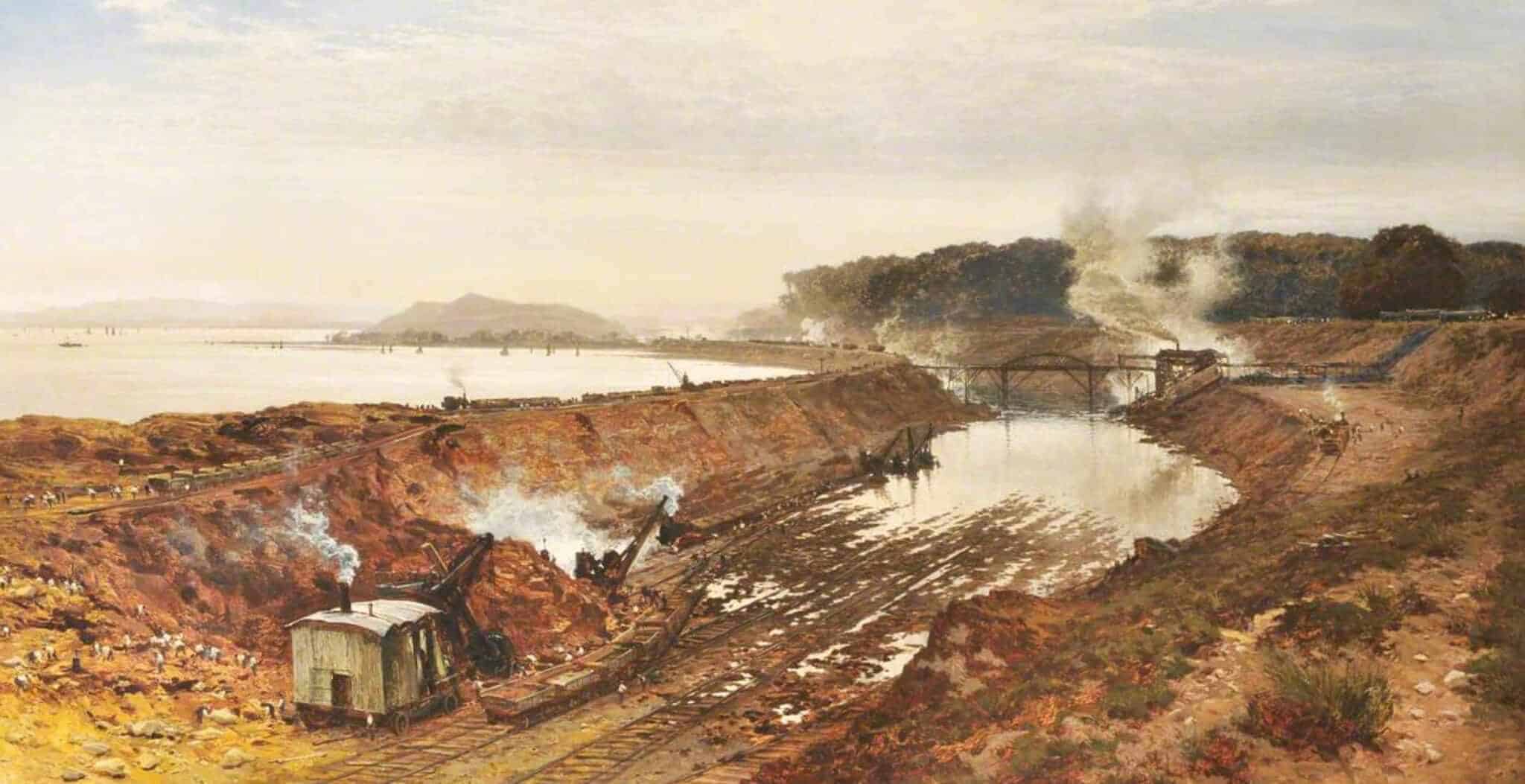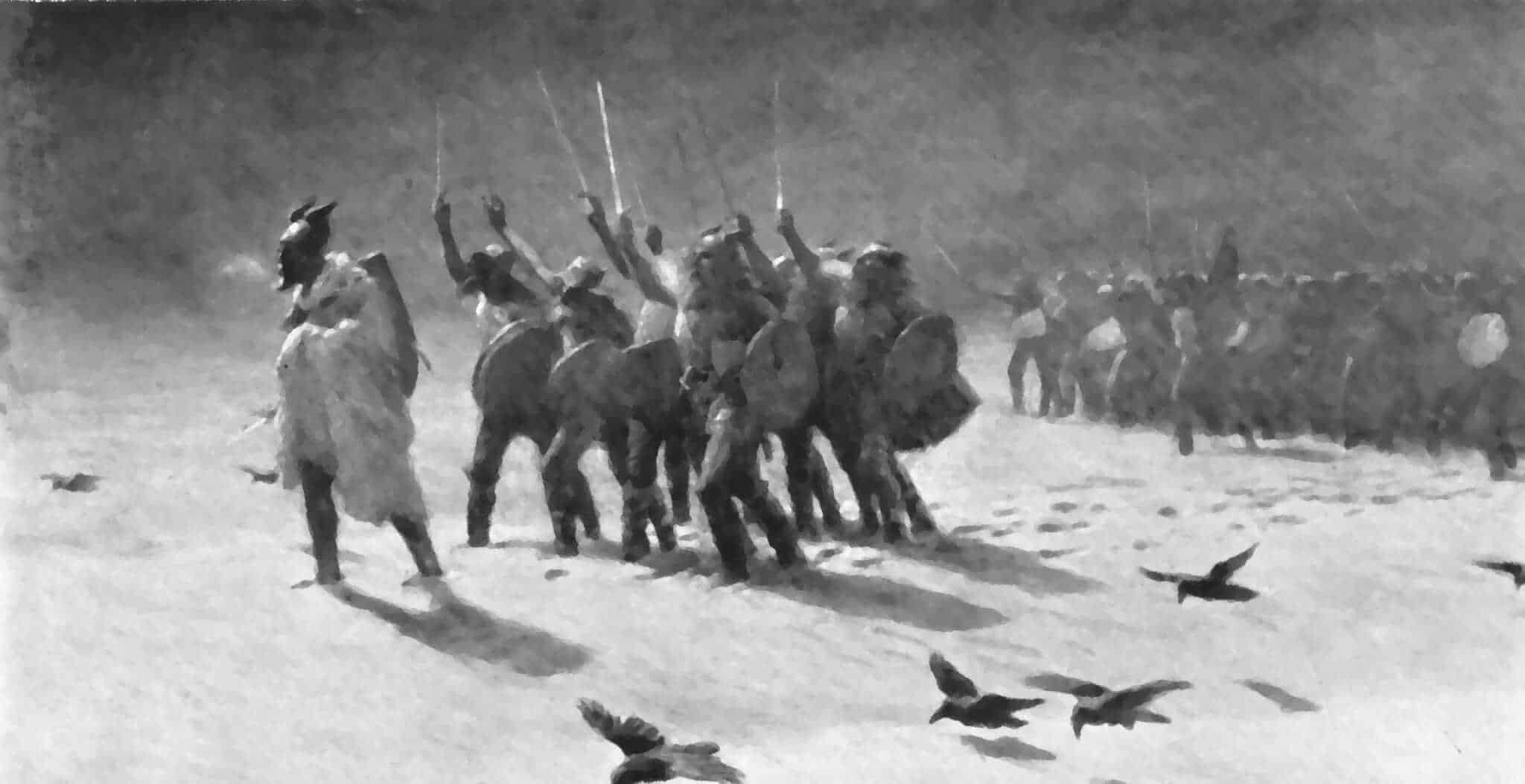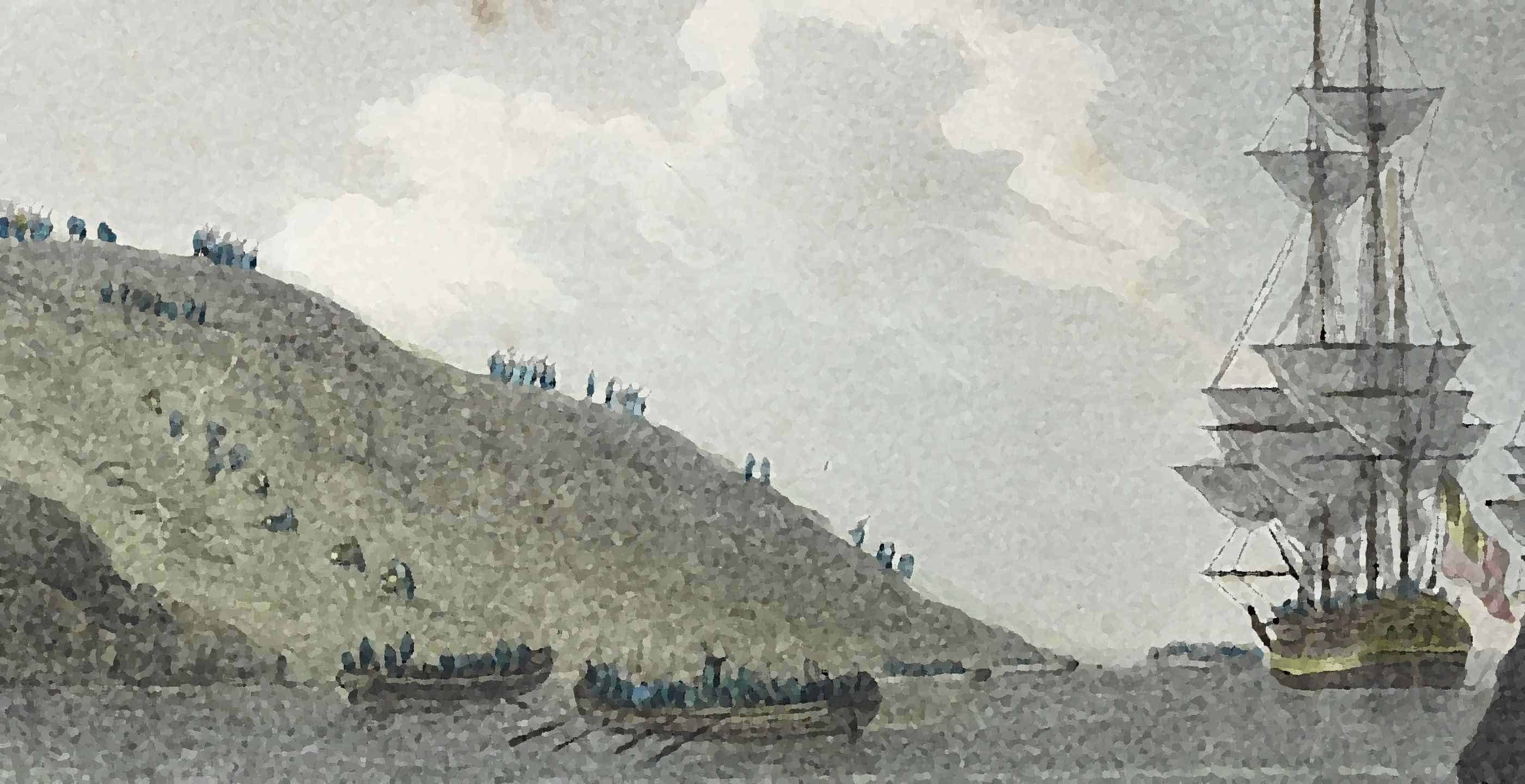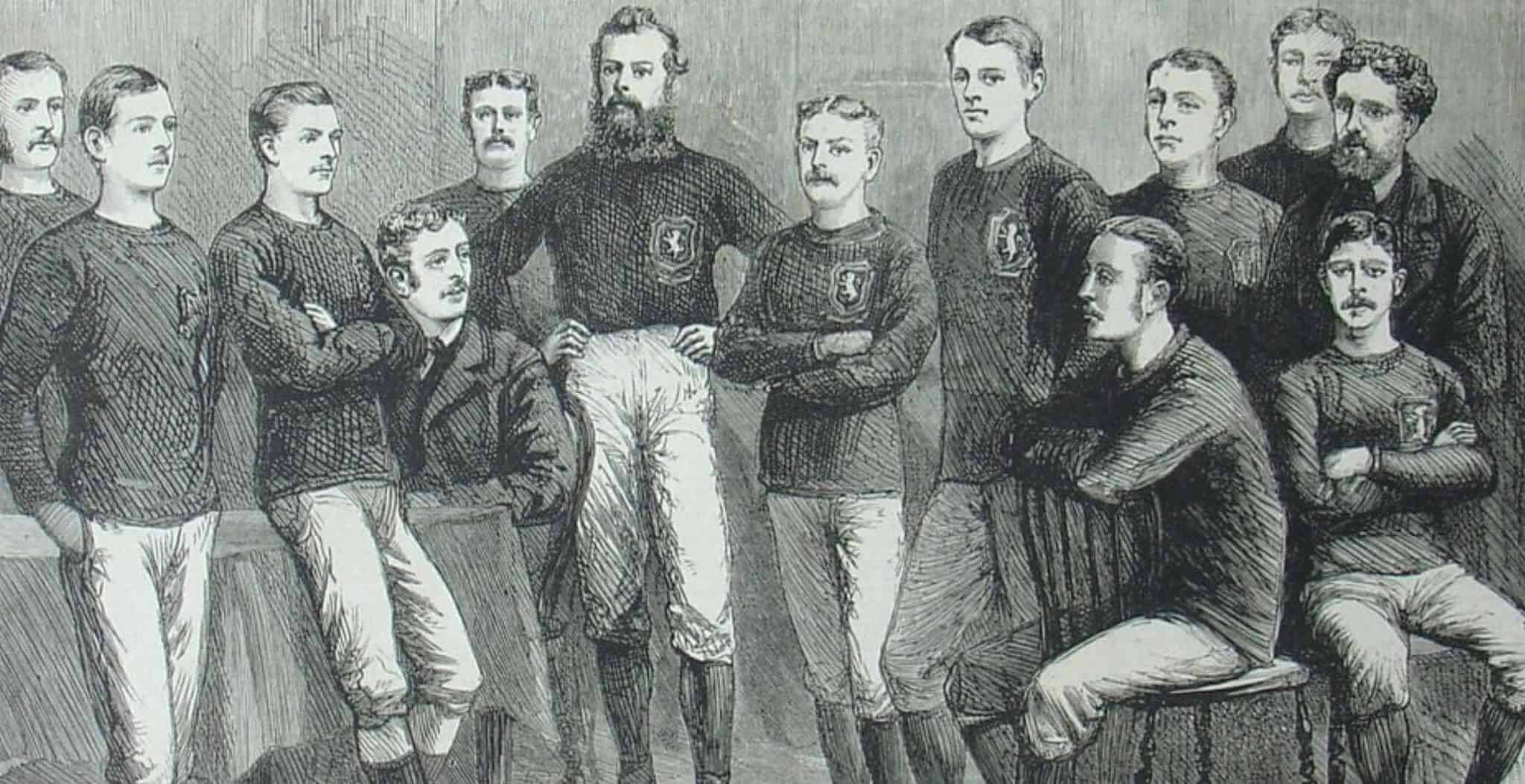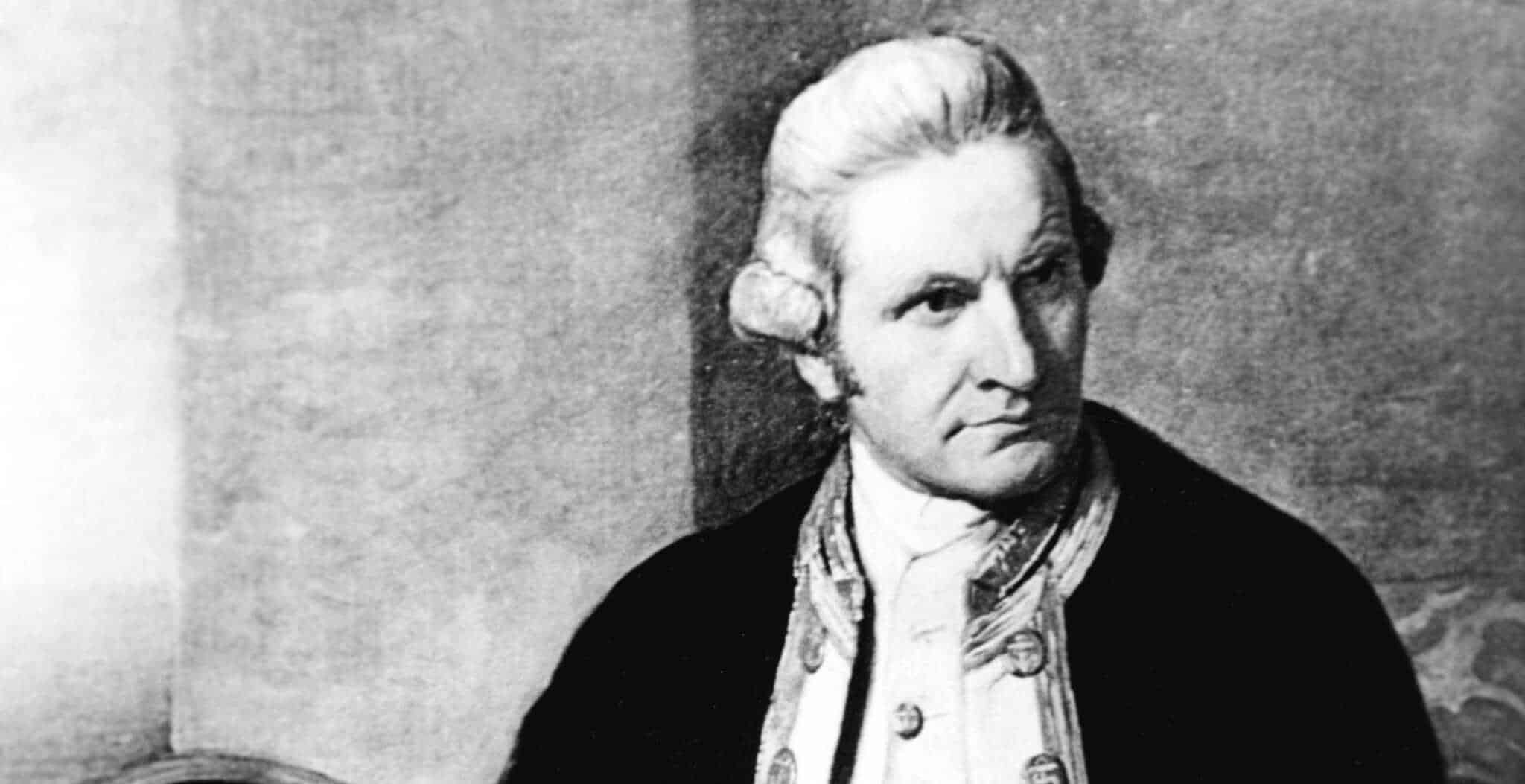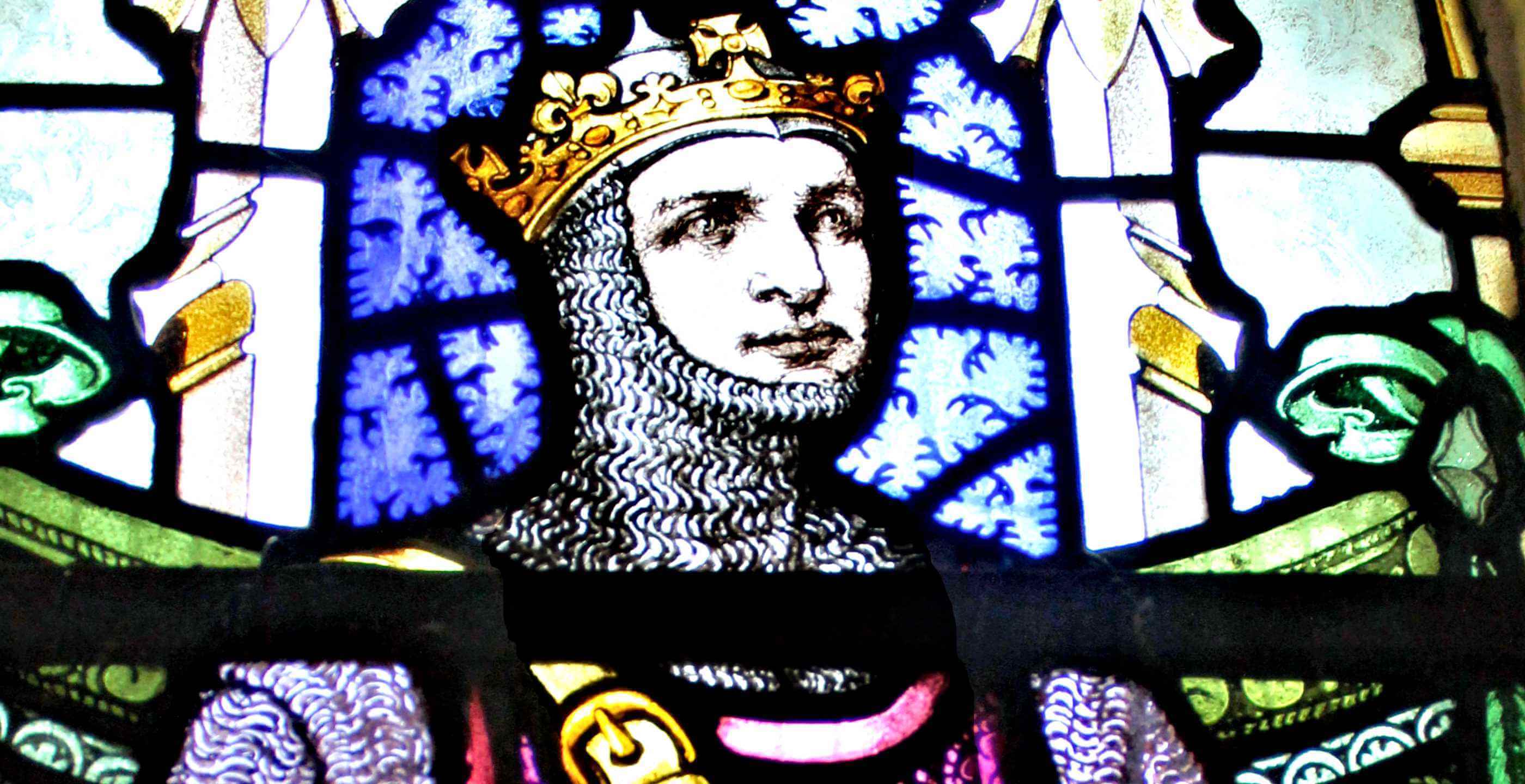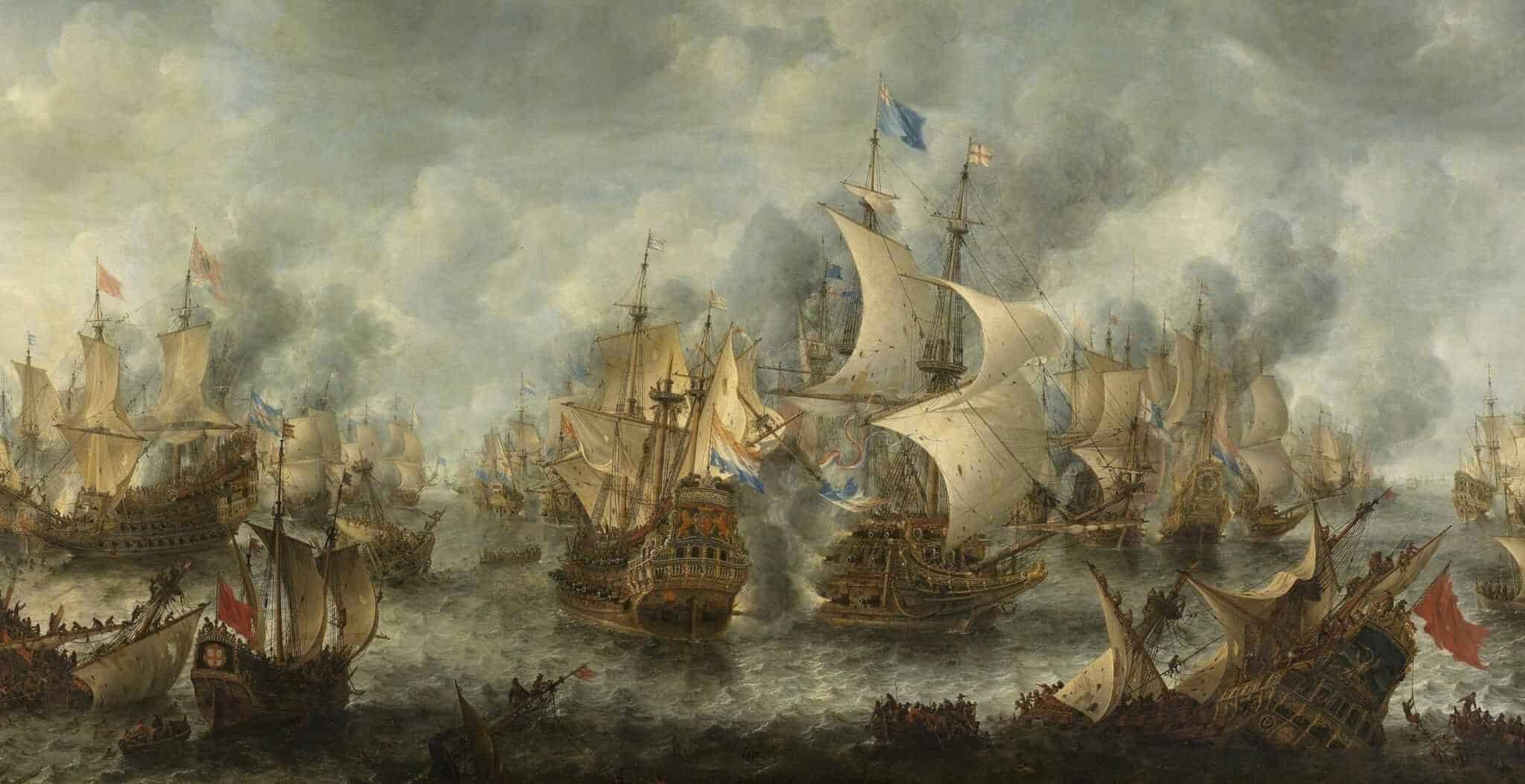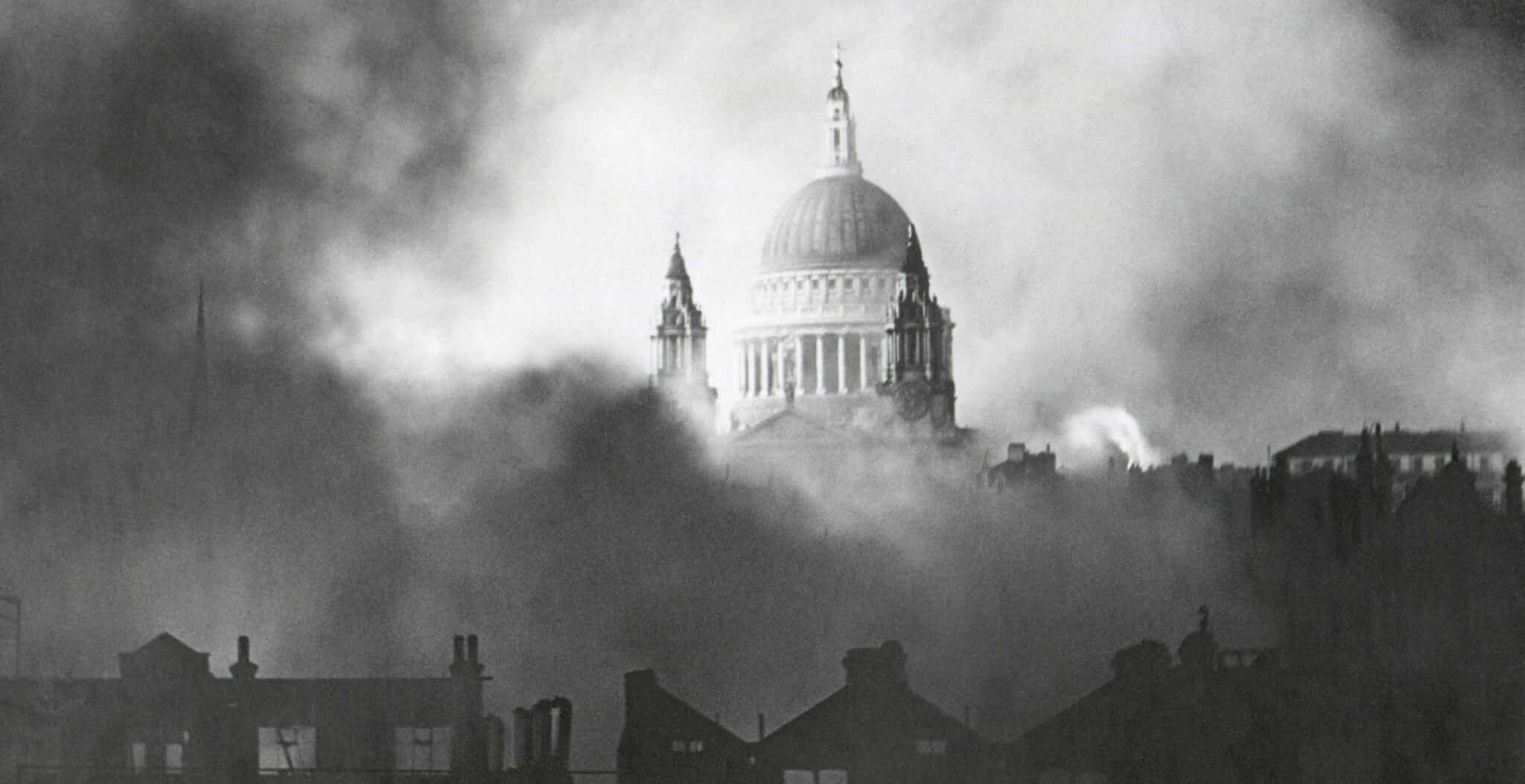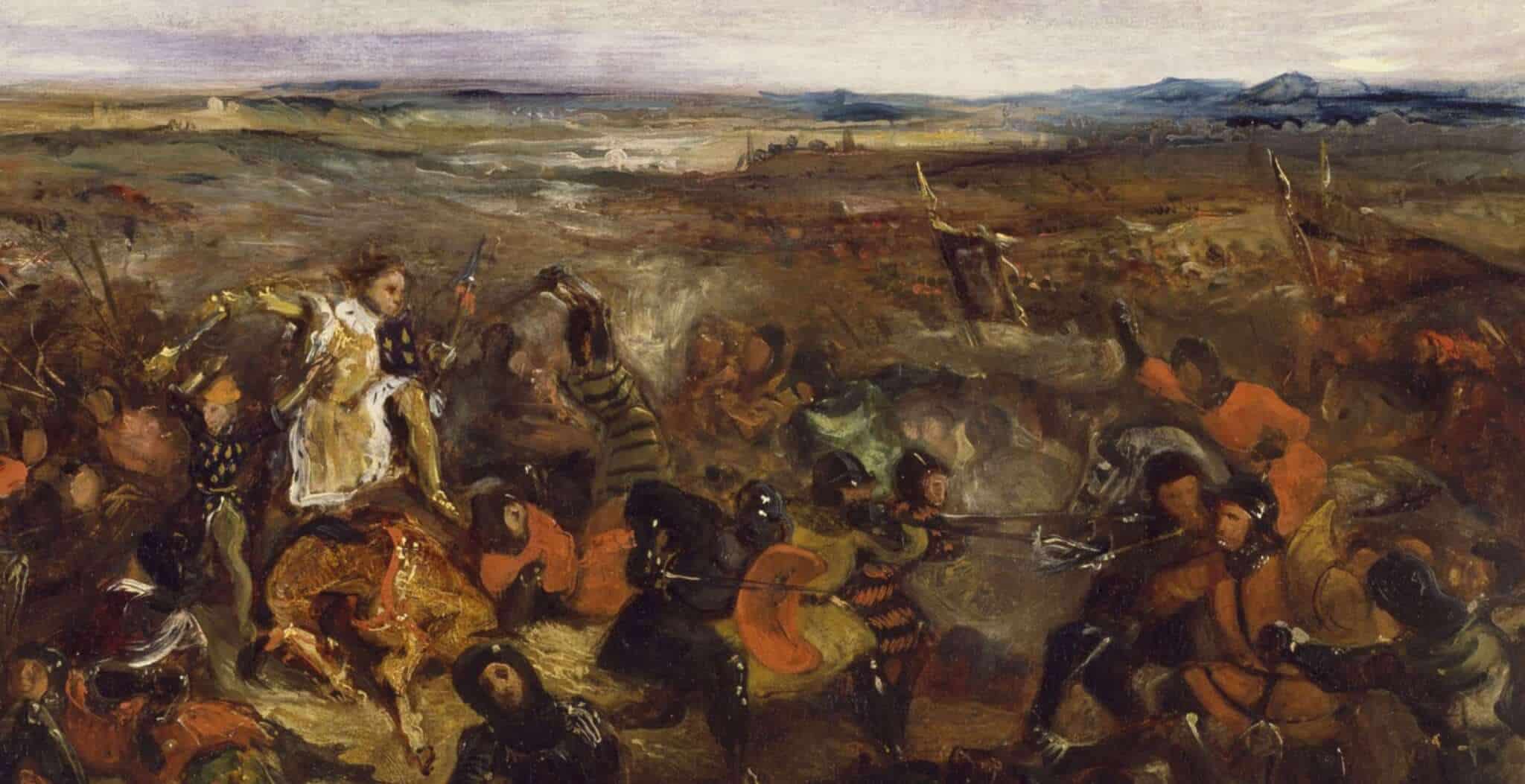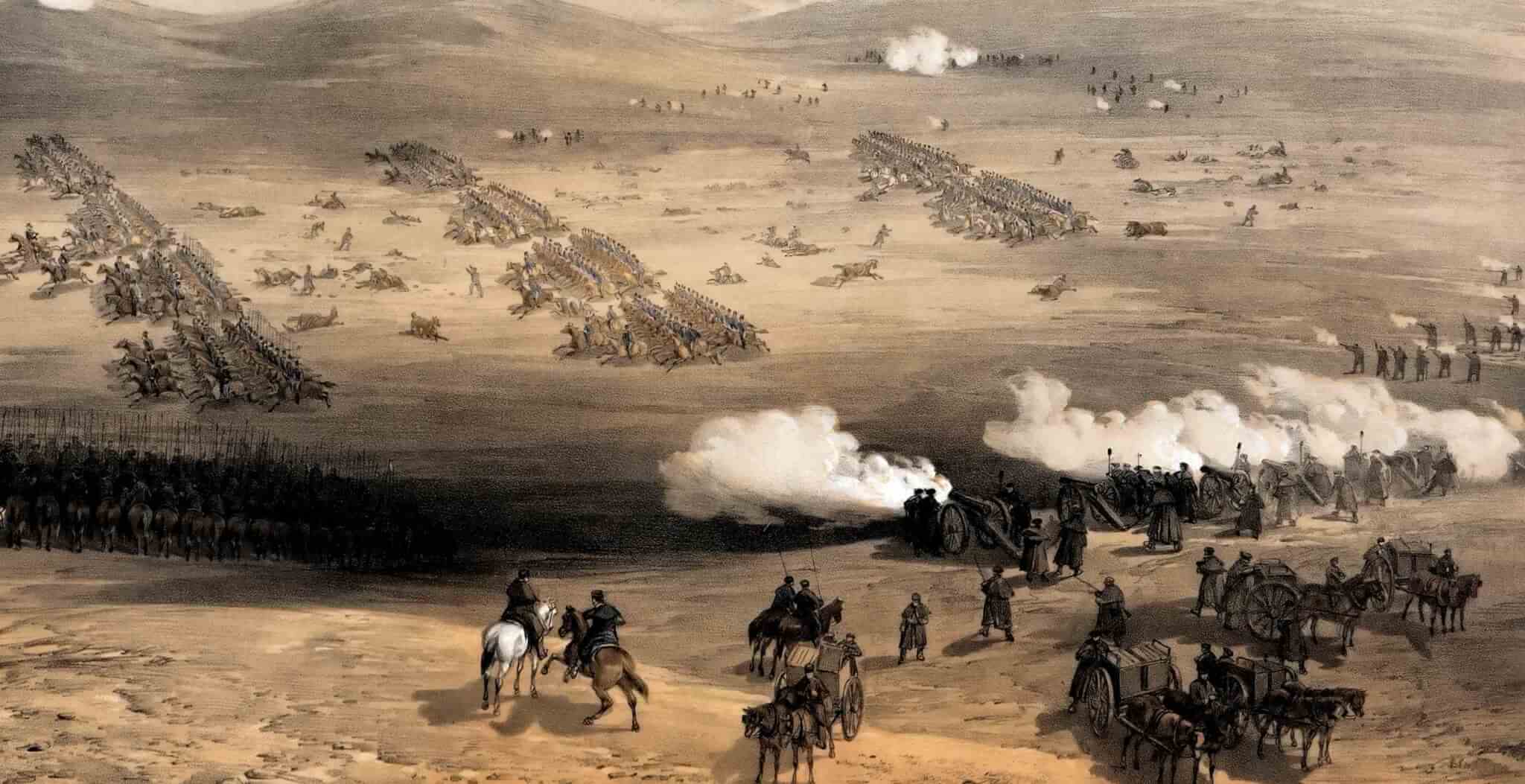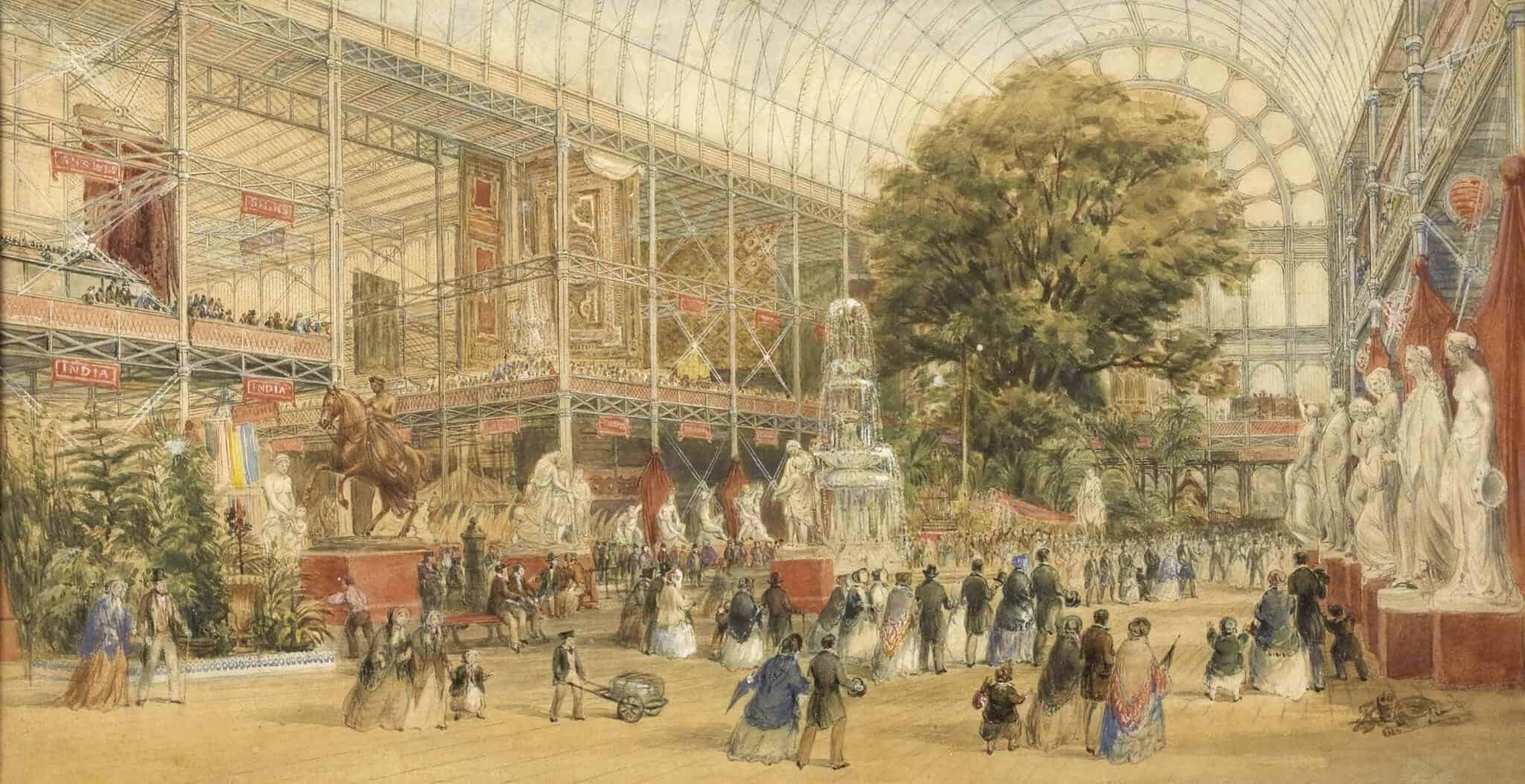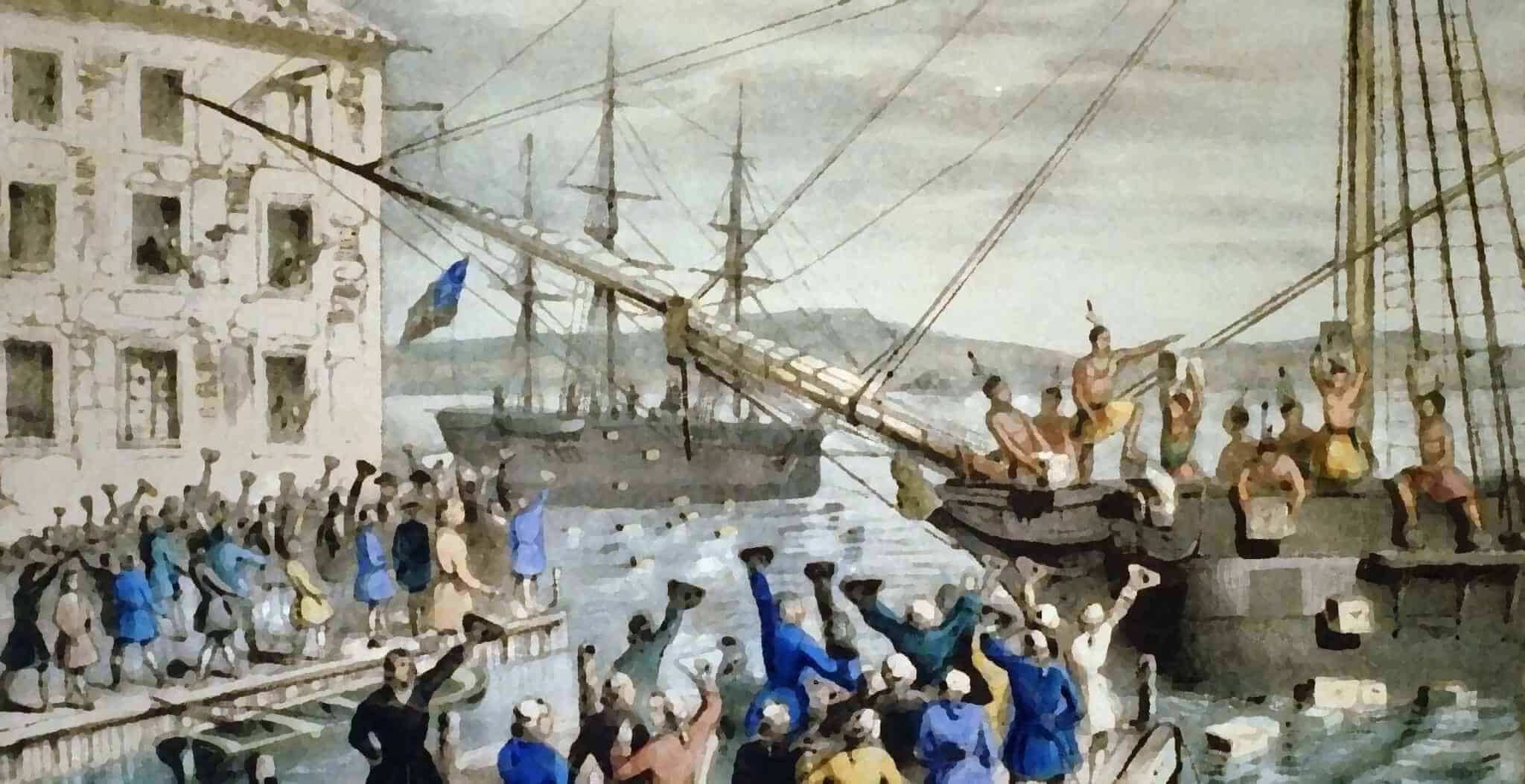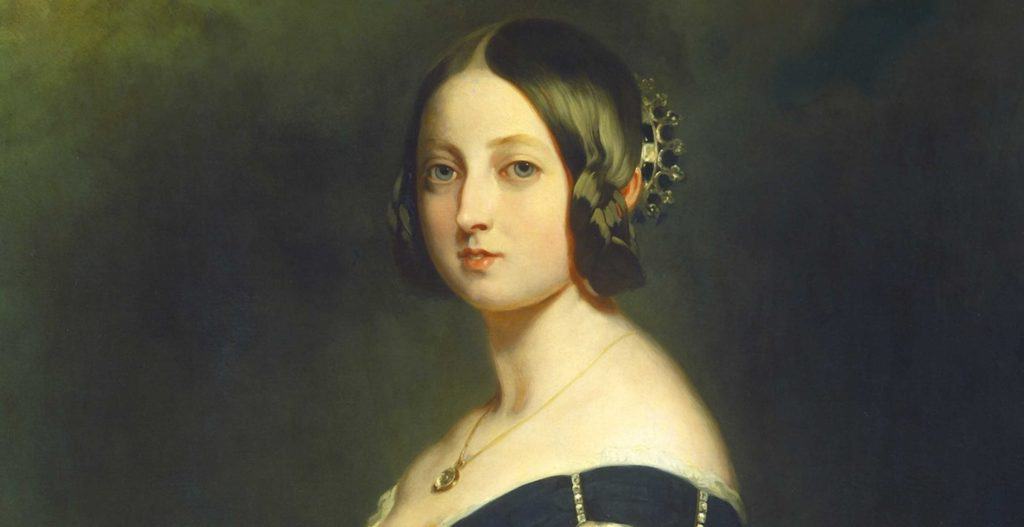Among many other events, May saw the official opening of the Manchester Ship Canal (pictured above) by Queen Victoria.
| 1 May | 1707 | The Union between England and Scotland is proclaimed. | |
| 2 May. | 1611 | The Authorized Version of the Bible (King James Version) was first published, and became the standard English language Bible. | |
| 3 May. | 1841 | New Zealand was declared a British colony. | |
| 4 May. | 1471 | The Battle of Tewkesbury, the last battle in the Wars of the Roses, took place; Edward IV’s Yorkists defeated the Lancastrians. | |
| 5 May. | 1821 | Napoleon Bonaparte “the Little Corporal”, died in exile on the remote British island of St. Helena. He was 51. | |
| 6 May. | 1954 | Roger Bannister was the first man to run a mile in under 4 minutes, at the Iffley Road Sports Ground, Oxford, England. | |
| 7 May. | 1945 | Nazi Germany surrendered to the Allies at Rheims and the war in Europe ended. VE Day is celebrated across Europe and North America on the following day. | |
| 8 May. | 1429 | The French warrior maiden, Joan of Arc, led the Dauphin’s troops to victory over the English laying siege to Orleans. | |
| 9 May. | 1887 | Buffalo Bill’s Wild West Show opens in London. | |
| 10 May. | 1940 | Promising his people nothing but “blood, toil, tears and sweat”, Winston Churchill replaces Neville Chamberlain as British Prime Minister. Churchill is to form an all-party war government as German troops storm Europe. | |
| 11 May. | 973 | Edgar the Peaceful was crowned at Bath as King of all England; he then went to Chester, where eight Scottish Kings and Welsh princes rowed him on the River Dee. | |
| 12 May. | 1926 | Britain’s Trades Union Congress called off the General Strike that had brought the nation to a standstill for nine days. Workers across the country had downed tools in support of miners, protesting a wage cut. | |
| 13 May. | 1607 | Riots took place in Northamptonshire and other Midland counties of England in protest at widespread enclosure of common land. | |
| 14 May. | 1080 | Walcher, Bishop of Durham and Earl of Northumberland was murdered; William (the Conqueror) consequently ravaged the area; he also invaded Scotland and built the castle at Newcastle-upon-Tyne. | |
| 15 May. | 1567 | Mary Queen of Scots married Bothwell in Edinburgh. | |
| 16 May. | 1943 | RAF Lancaster bombers caused chaos to Nazi German industry by destroying two huge dams. Dr Barnes Wallis’s bouncing bombs skimmed the surface of the water to reach their targets. | |
| 17 May. | 1900 | The siege of the British garrison at Mafeking by Boer forces was broken. Commander of the garrison, Colonel Robert Baden-Powell and his forces had held firm for 217 days. | |
| 18 May. | 1803 | Bored with nobody to fight for almost a year, Britain abandons the Treaty of Amiens and declares war on France, again! | |
| 19 May. | 1536 | Anne Boleyn, King Henry VIII‘s second wife, was beheaded in London. She was 29. The charges brought against her included incest with her brother and no less than four counts of adultery. | |
| 20 May. | 1191 | English King Richard I ‘the Lion Heart’ conquered Cyprus on his way to join the Crusaders at Acre in north west Israel. | |
| 21 May. | 1894 | The official opening of the Manchester Ship Canal by Queen Victoria. | |
| 22 May. | 1455 | In the first battle of the Wars of the Roses, Richard of York and the Nevilles attacked the court at St Albans, capturing Henry VI and killing Edmund Beaufort, Duke of Somerset. | |
| 23 May. | 878 | The Saxon King Alfred defeated the Danes at Edington, Wiltshire; as part of the peace agreement, the Danish King, Guthrum, accepted Christianity. | |
| 24 May. | 1809 | Dartmoor Prison in Devon is opened to house French prisoners of war. | |
| 25 May. | 1659 | Richard Cromwell resigns as Lord Protector of England. | |
| 26 May. | 735 | The Venerable Bede, English monk, scholar, historian and writer, died having just completed his translation of St. John into Anglo-Saxon. | |
| 27 May. | 1657 | Lord Protector Oliver Cromwell refuses parliament’s offer of the title King of England. | |
| 28 May. | 1759 | Birthday of William Pitt (the Younger), English statesman who became the youngest ever British Prime Minister at the age of 24. | |
| 29 May. | 1660 | Charles Stuart entered London to become King Charles II, restoring England’s monarchy following Oliver Cromwell’s commonwealth. | |
| 30 May. | 1536 | Eleven days after he had his wife Anne Boleyn beheaded, King Henry VIII marries Jane Seymour, former lady-in-waiting to Anne. | |
| 31 May. | 1902 | The Peace of Vereeniging ended the Boer War, in which 450,000 British troops had fought against 80,000 Boers. | |
